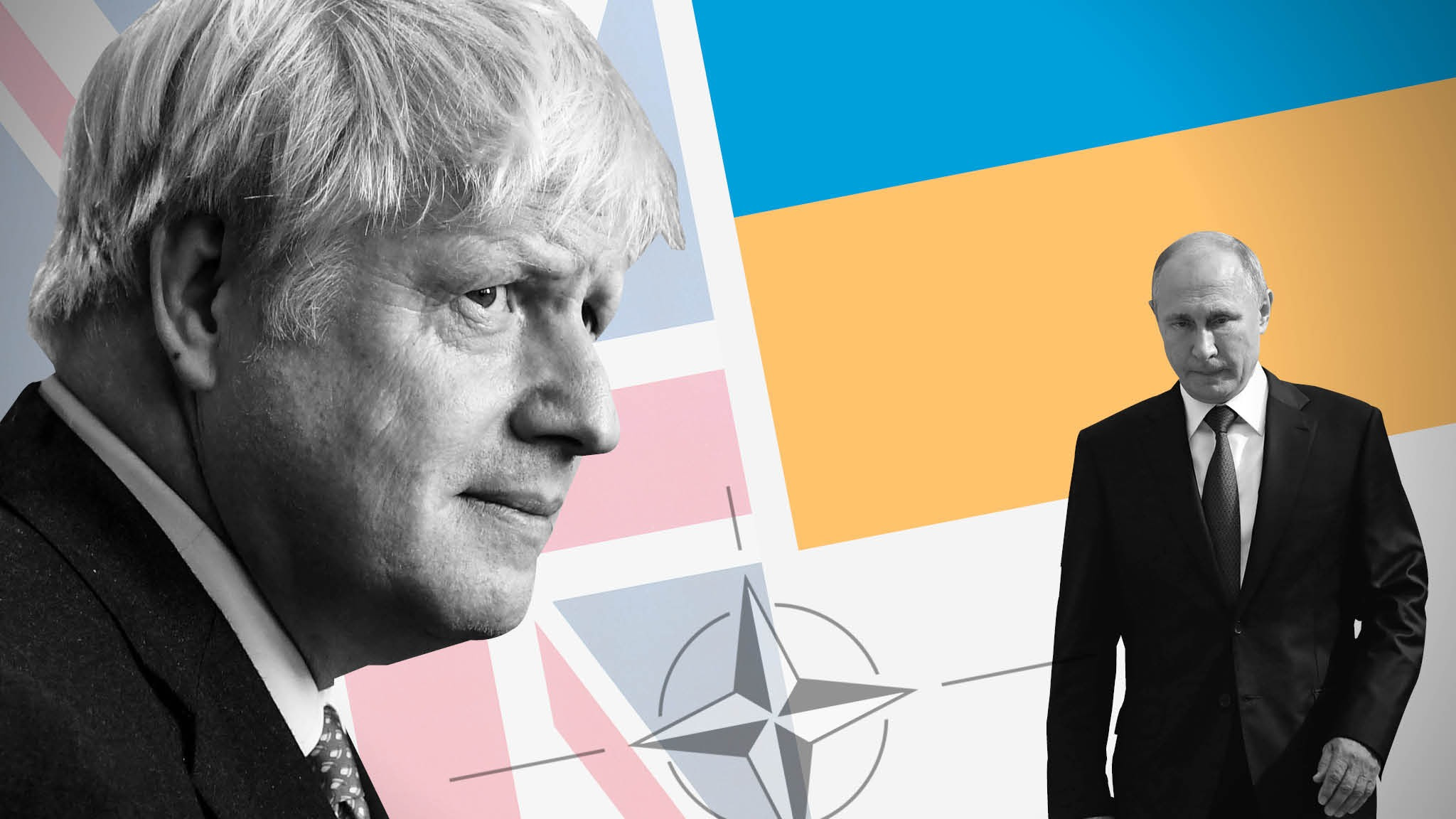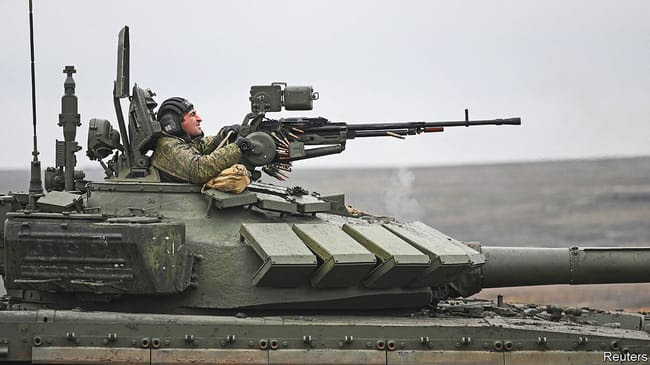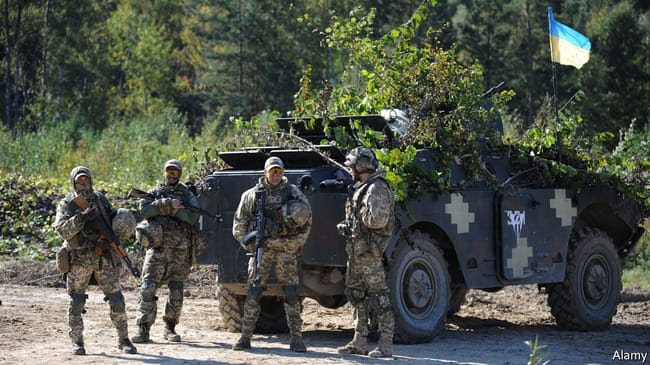|
|
|
|
|
|
|
CNN reported tonight that former president Trump had not one but two executive orders prepared to enable his loyalists to seize voting machines after the 2020 election. One authorizing the Pentagon to seize the machines was made public as part of the investigation by the House Select Committee to Investigate the January 6th Attack on the U.S. Capitol. Another, authorizing the Department of Homeland Security, has been confirmed to CNN by a number of sources, but is not publicly available.
Shortly after this report, the New York Times reported a story with much more detail, claiming that Trump was directly involved in the plans to seize the machines. The authors talked to “people familiar with the matter [who] were briefed on the events by participants or had firsthand knowledge of them.” That latter description is interesting: someone in Trump’s inner circle is talking to reporters (and the shape of the different elements in the story suggests that person is not necessarily giving an accurate account).
CNN also reported that former vice president Mike Pence’s chief of staff, Marc Short, testified before the January 6 committee last week. Short had been cooperating with the committee, providing documents, and testified after a subpoena. He was with Pence for many of the key moments surrounding the events of January 6.
The committee has asked a judge to adjust document production from lawyer John Eastman’s former employer, Chapman University. Eastman sued to stop a subpoena for 94,000 pages of emails the university agreed to produce, saying that many of them were covered by attorney-client privilege. So a judge ordered him to review them, but he is moving so slowly the committee says he won’t get around to sending the ones between January 4, 2021, and January 7, 2021—the ones the members most want to see—until it’s too late for them to be of use. The judge ordered him to prioritize those days.
Also, campaign finance reports filed today show that former president George W. Bush donated the maximum allowable to Representative Liz Cheney (R-WY), who is vice chair of the January 6 committee, and to Senator Lisa Murkowski (R-AK), who also opposed former president Trump. The fight between establishment Republicans and Trump Republicans continues to simmer, but the muted response today to Trump’s statement last night about overturning the election suggests the establishment is not willing to make a stand in favor of our democratic system if it means losing their base.
In the wake of Trump’s weekend attack on the prosecutors investigating the varying valuations of his properties and his efforts to overturn the election, Fulton County, Georgia, district attorney Fani Willis today asked the FBI to address heightened security concerns.
Otherwise, today’s main news came from the meeting of the United Nations Security Council, where the U.S. ambassador, Linda Thomas-Greenfield, warned of an “urgent and dangerous” situation in Europe as Russian president Vladimir Putin has massed more than 100,000 Russian troops along the border with Ukraine. The Russian representative countered that Russia had indicated no intention of invading Ukraine and the U.S. is fearmongering.
At stake is the concept of sovereignty: will large states have the power to absorb their neighbors into spheres of influence in a system that mirrors that of the Cold War era, or will each state have the right to hold firm borders and determine its own alliances.
The U.S. and the U.K. have said they have prepared a list of “oligarchs close to the Kremlin” who will be hit with sanctions in the case that Russian troops invade Ukraine again. The list includes the family members of those profiting from Putin’s regime, cutting off their ability to funnel illicit money into western democracies.
This is a huge deal. Oligarchs consolidated power in the former Soviet satellite states in the 1990s and moved enormous amounts of illicit money into the U.S. and the U.K.—so much that London is sometimes called “Londongrad.” Recent studies suggest that the influx of that illicit money had undermined democracy, and cleaning it up would almost certainly help to stabilize the systems in the U.S. and the U.K. British foreign secretary Liz Truss said the measures “can target anyone providing strategic support close to Vladimir Putin.”
This threat appears to have worried the Kremlin, whose spokesperson Dmitry Peskov called the proposed measures an illegitimate “outright attack on business.” The head of Russia’s Senate committee for protection of national sovereignty, Andrey Klimov, said that any such sanctions would hurt Britain rather than Russia by hurting the image of the U.K. as a safe haven for investments. Capital would flow out of the U.K. to Hong Kong or Zurich, he warned.
Interviewed by Politico’s Ryan Heath, European Council on Foreign Relations senior fellow Kadri Liik noted that a massive military deployment would be “very badly received” in Russia. Asked if Putin sees Biden as weak, Liik said the opposite: that he has come off as smart. “He’s trying to limit his frontlines. He’s not fighting each and every battle. Plus, Biden is someone who can speak on behalf of the West. During the whole Trump period, there was no one like that.”
In Britain today, Prime Minister Boris Johnson of the country’s Conservative Party faced a serious challenge to his government when a report revealed “failures of leadership and judgment” by Johnson in attending 12 parties that ignored the country’s strict lockdown rules. Johnson had downplayed the events and now that they are confirmed, even much of his own party appears ready to abandon him, appalled that he apparently considered himself above the law. In a leader, one member of Parliament said, “honesty and decency matters.”
—
Notes:
https://www.cnn.com/2022/01/
https://www.politico.com/news/
https://www.cnn.com/2022/01/
https://www.nytimes.com/2022/
https://www.rt.com/russia/

January 31, 2022
The race among auto companies to serve an EV market that doesn’t yet fully exist is one of the most fascinating business stories of our times. In the upcoming issue of Fortune magazine, Vivienne Walt looks at how one CEO—Volkswagen’s Herbert Diess—is dealing with that challenge. Diess came close to losing his job in December, after suffering a sales slowdown in 2021 due to a lack of computer chips. But in his conversation with Walt, he makes clear that hasn’t slowed him down. He’s moving ahead with a plan to invest $180 million over the next four years to build the capacity for 5 million electric vehicles a year by 2030: 10 times the number of EVs he sold last year. “The world is changing very, very fast,” Diess insists.
But what if it isn’t? What if consumers don’t change as fast as he—and his fellow auto chiefs—think they will? Well, it’s clear the auto CEOs are being motivated less by the “pull” from consumers than by the “push” from competitors—and one competitor in particular: Elon Musk. Investors seem to think Tesla will rule the auto roost a decade from now and leave the legacy giants in the dust. For Diess, that threat was driven home in December of 2019, when Musk flew into Berlin and announced he was building his first European Tesla Gigafactory just 90 minutes from Volkswagen’s headquarters. Diess now insists that action was a godsend—helping him convince the German government, labor unions, and public that the race to an electric future is very real.
You can read Walt’s fascinating story online this morning here. And to look at how another auto giant is dealing with the existential challenge, check out the New Yorker’s recent piece on Ford, here. Also worth your reading time this morning: Erika Fry’s deep dive into Moderna’s efforts to keep ahead of coronavirus variants, and what that may mean for the future of vaccines—available here.
 |
PoliticsSanctions against Moscow over Ukraine would wreak collateral damageShutting out Russia from Swift payments alliance would fall short of some expectations JANUARY 31, 2022 by Jonathan Guthrie
|
|
 |
PoliticsChina launches campaign to clean internet for lunar new year holidayOfficials ordered to target celebrity fan groups and money worship in month-long drive JANUARY 25, 2022 by Ryan McMorrow in Beijing |
|
Putin tests Biden's leadership as Russia 'senses weakness' over UkraineRussian President Vladimir Putin's Ukraine posturing is presenting President Joe Biden with his biggest test yet as the commander in chief's domestic legislative agenda remains in tatters.
|
 |
Politics‘Global Britain’ seeks to show its military worth in UkraineSecurity is one area where the UK remains relatively strong and unaffected by Brexit JANUARY 25, 2022 by Laura Hughes in London and Henry Foy in Brussels
|
 |
PoliticsKazakhstan unrest shows Erdogan that Putin is still the regional ‘big boss’Russian role in recent protest deals blow to Turkish president as he seeks to cultivate pan-Turkic unity JANUARY 25, 2022 by Laura Pitel in Ankara
We conclude with a concert for Afghanistan: |





























No comments:
Post a Comment